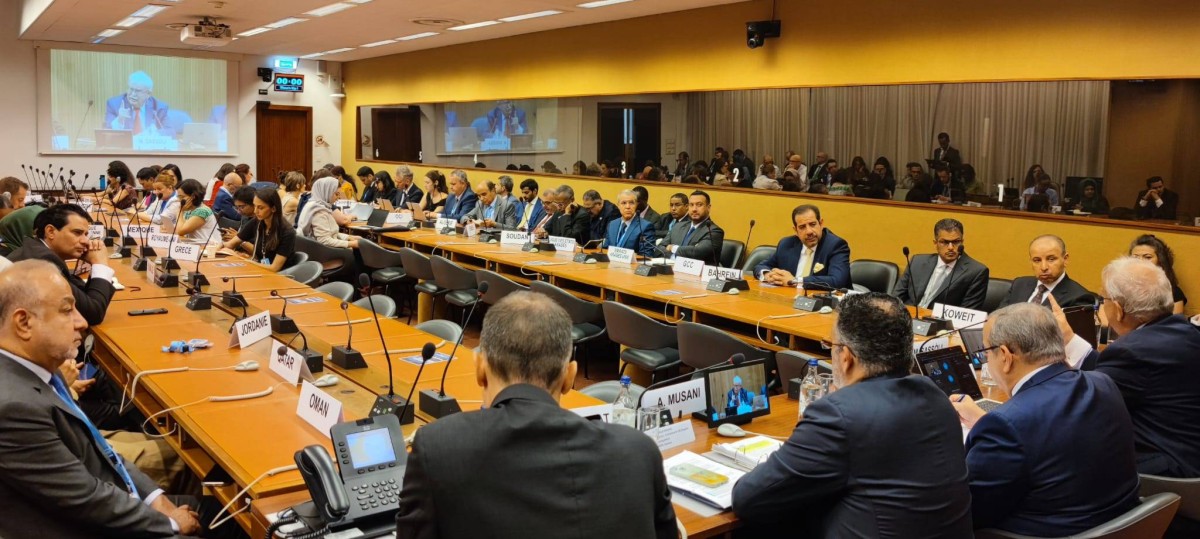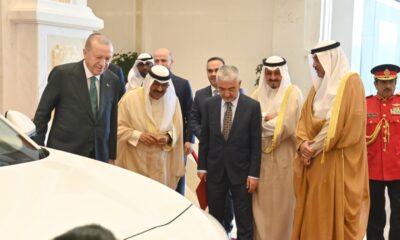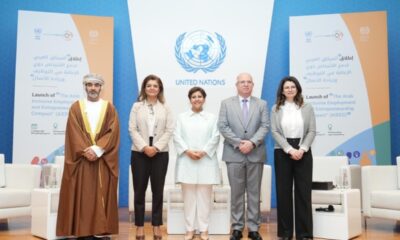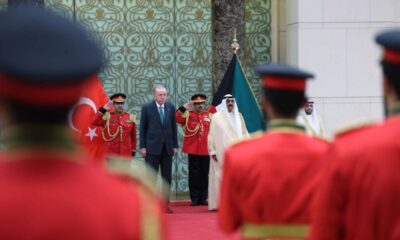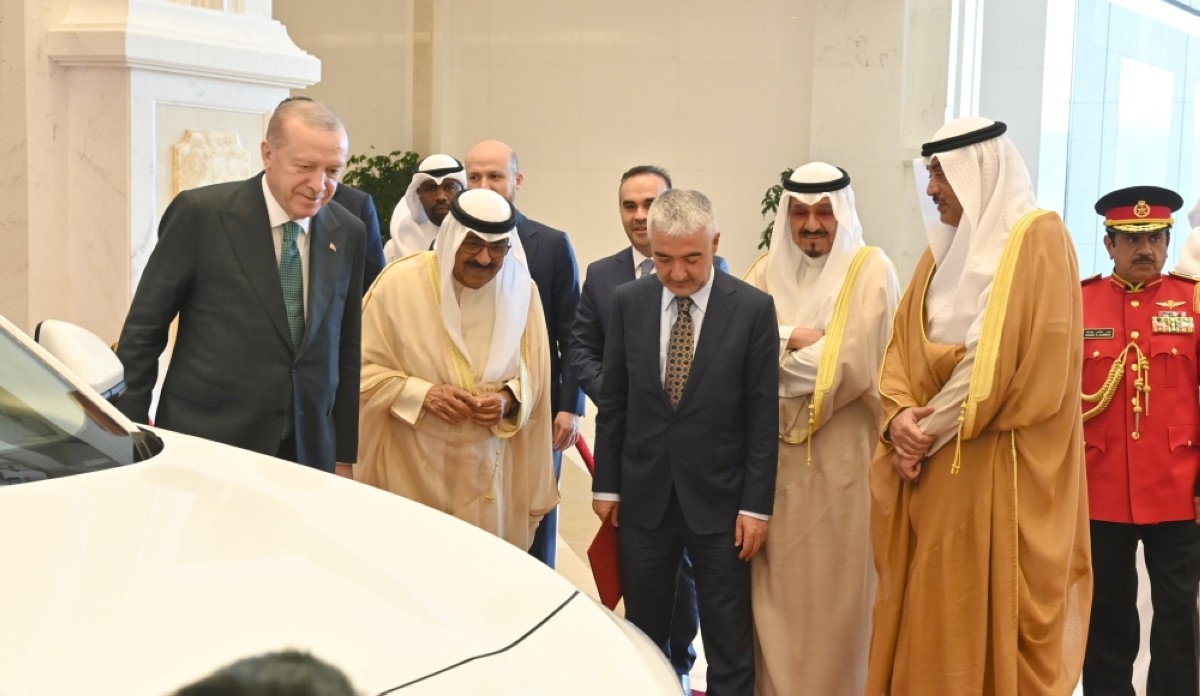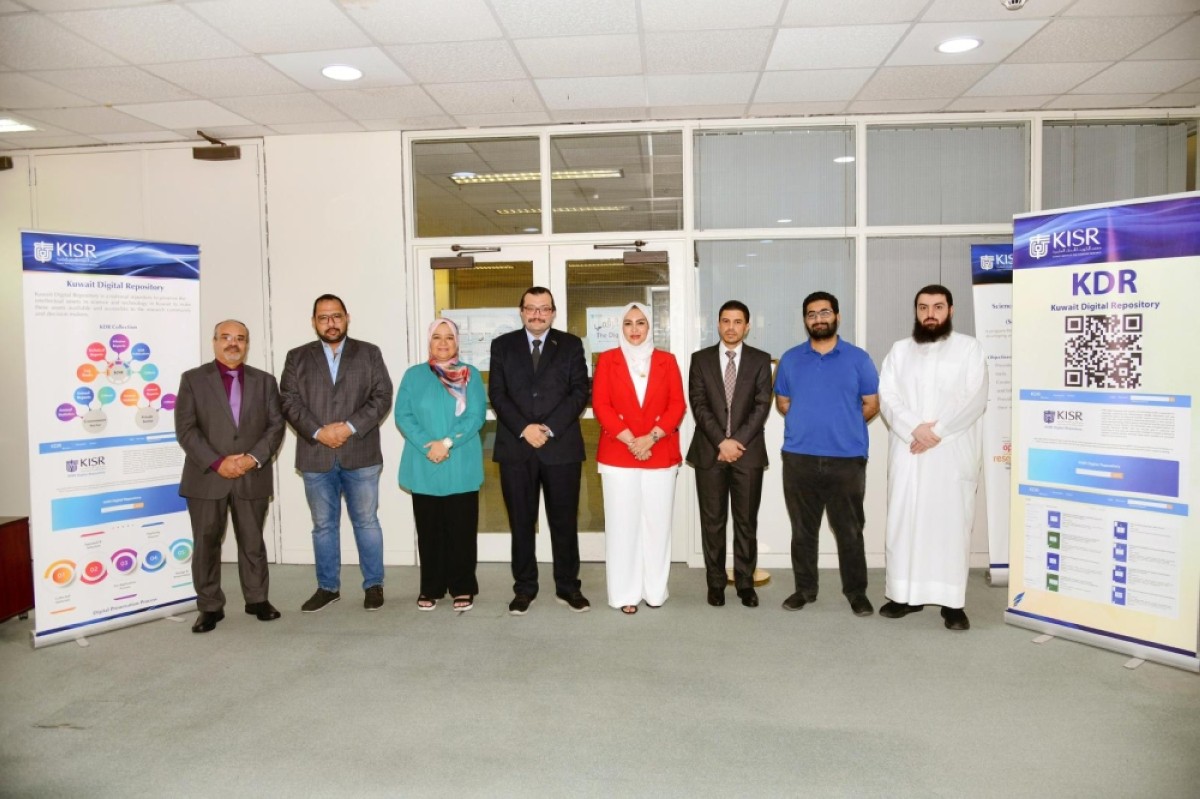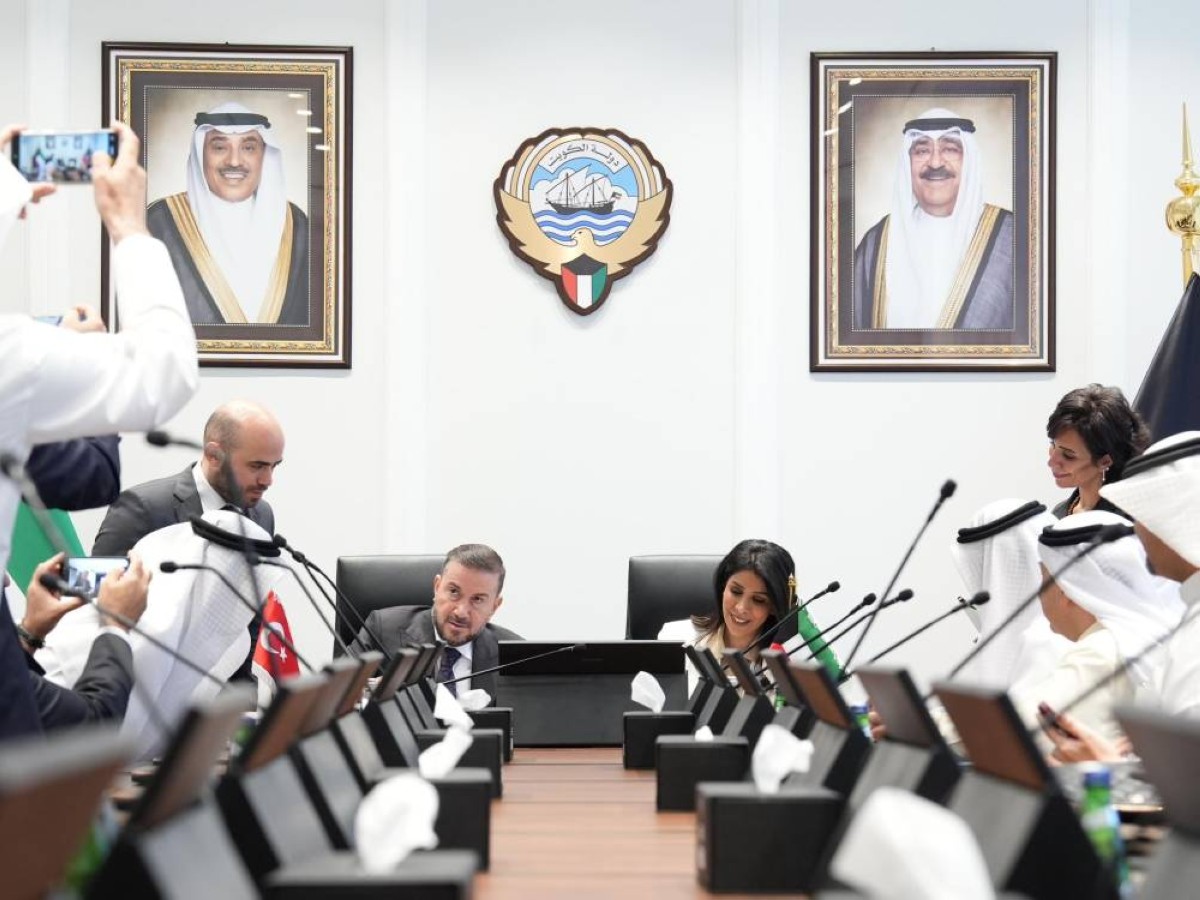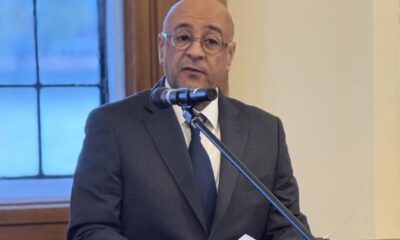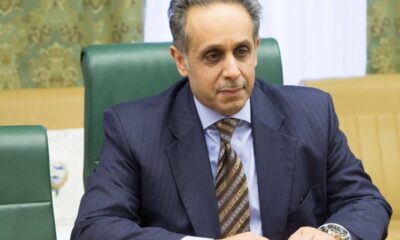GENEVA: Kuwait’s permanent mission to the United Nations in Geneva held a high-level event Thursday spotlighting the urgent need to protect humanitarian workers and ensure aid delivery in conflict zones, especially Gaza. The event, titled “Humanitarian Access and Protection of Humanitarian Workers: A Pillar for Advancing Human Rights in Conflicts”, was part of the 59th session of the UN Human Rights Council. It drew broad participation from diplomats, UN officials, humanitarian experts, and NGO representatives.
Kuwait’s Ambassador to the UN and other international organizations in Geneva, Ambassador Nasser Al-Hain, said the event reflects Kuwait’s “deep-rooted humanitarian approach and commitment to supporting multilateral humanitarian work.” “Protecting humanitarian workers and ensuring aid reaches those in need are ethical and legal priorities the international community must uphold,” Al-Hain said in a statement to KUNA. He emphasized Kuwait’s role as a hub for humanitarian work and its belief in diplomacy as a tool for peace and justice.
Gaza at the center
Speakers repeatedly highlighted the dire humanitarian crisis in Gaza and the escalating dangers facing aid workers. UN Special Rapporteur on the Right to Food Michael Fakhri warned of the growing use of starvation as a weapon of war. “Starvation is now a tool to humiliate civilians and forcibly displace them by destroying food systems, farms, warehouses, and water infrastructure,” he said. He called for multinational peacekeeping forces to escort aid convoys under the UN General Assembly’s Uniting for Peace mechanism.
Patrick Duplat, Humanitarian Access Advisor at OCHA, expressed alarm over what he described as the “militarization of humanitarian aid,” particularly in Gaza. “Current mechanisms for delivering aid are military-led, obstructing humanitarian work and violating core humanitarian principles,” he said, urging member states to reassess how they fund humanitarian efforts.
Grave toll
Francesco Motta, Head of the Asia, Middle East and North Africa Branch at the UN Human Rights Office, described a “moral and legal collapse in conflict zones,” citing systematic targeting of humanitarian workers. Since October 7, 2023, at least 467 aid workers have been killed by Zionist entity forces, including 317 staff from UNRWA, 47 from the Palestinian Red Crescent, and 97 from NGOs, he said. He added that 1,581 health workers, including women and civil defense members, have also been killed. “No hospital in Gaza is operating fully anymore,” Motta warned, noting that a million people could soon face Phase 4 food insecurity, with nearly half a million on the brink of famine. He added that attacks on health workers were rising in the West Bank as well, with ambulances blocked and specialized medical care denied.
Call for accountability
Dr Altaf Musani, WHO’s Director of Health Emergency Interventions, said over 8,630 attacks on health facilities and personnel have been recorded globally since 2018, resulting in 4,000 deaths and 6,000 injuries. He said 2025 has seen the highest number yet, with 1,528 attacks in Gaza and the West Bank alone. International law expert Marco Sassòli stressed that arbitrary denial of humanitarian aid is a violation of international humanitarian law. “Starvation and discrimination are two sides of the same unlawful coin,” he told KUNA. He also reminded that humanitarian workers are civilians and must not be targeted, pointing to UN Security Council Resolution 2730 (2023), which calls for national and international accountability mechanisms. — KUNA




